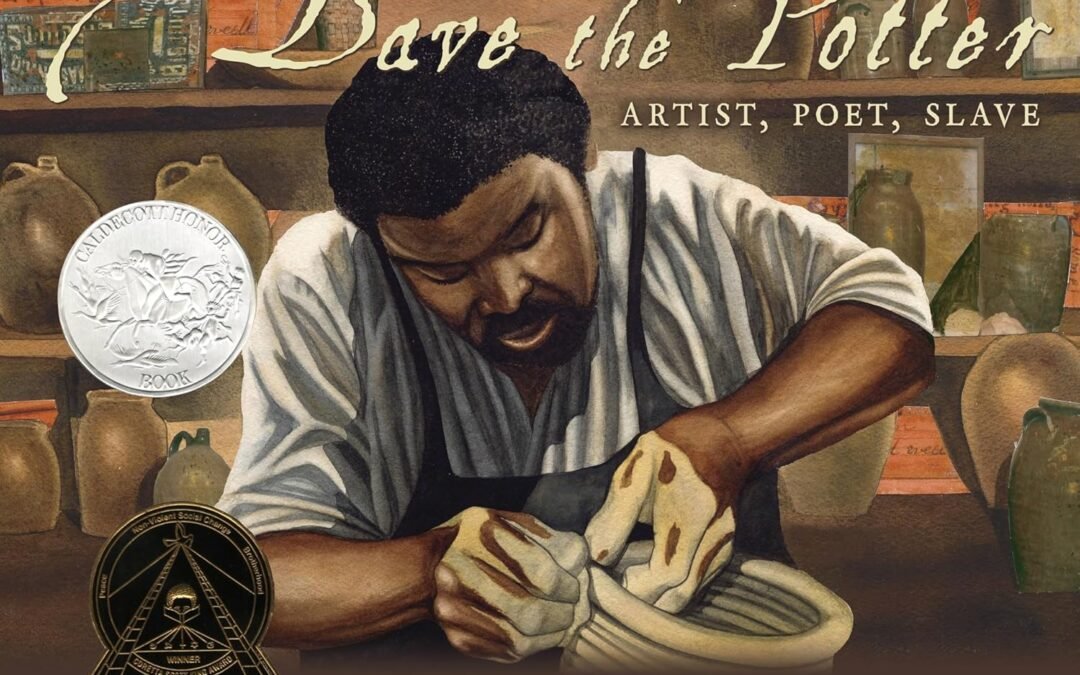I often talk about homeschooling when the kids have ADHD. But what if you have it? There will be some challenges, so let’s talk about how to manage those.
Choosing Curriculum
 First, you will want to choose a curriculum that not only your child can work with, but that is engaging for you. You aren’t going to do a good job teaching from a program you find boring, difficult to follow, or too complicated. But you must also consider what will be a good fit for your child.
First, you will want to choose a curriculum that not only your child can work with, but that is engaging for you. You aren’t going to do a good job teaching from a program you find boring, difficult to follow, or too complicated. But you must also consider what will be a good fit for your child.
In my experience, the ADHD brain, both adult and child, does best when it has a variety of learning tools. So, I recommend you choose your curriculum for each subject individually, unless you will use unit studies. Go ahead and invest in something structured for the subject you feel least confident to teach, especially if it looks engaging. And whatever subject you feel most drawn to expand on, get the bare bones for it and let your imagination go wild if that feels right.
An example of how this might look for a child of 6-8, is purchasing a kit or program for math and another for phonics. But then you get a history program that you will need to prep and prepare to do hands-on projects and activities with. You might skip purchasing a science curriculum and instead plan to grow a garden, take nature walks, and visit the zoo. Instead of buying an art curriculum, you just buy all the art supplies and set up an art station where your child can explore those supplies.
Balancing your program with things that you prepare yourself, and those that are ready to go, will help you stay motivated. On days you forgot to prep the lesson for the week, your child can do the next page in the math workbook and be self-led at the art station.
Repurchasing
One of the hard facts of ADHD is that you are going to “misplace” the books you are reading a few times. We both know it’s true. My advice is to accept it. While it is great if you can have a single bookshelf, basket, or spot where you keep the school books, some will still wander away. When that happens, you will need to decide where you draw the line and repurchase the darn book or reprint the PDF.
I recommend having a one-week limit on how long you can go without a subject and keep looking before you make a plan B. However, your own limit can be different. In my experience, you can often purchase a used copy mid-year off Thriftbooks of many things. I also have had times I went and borrowed a library book to replace the missing one. I have borrowed a book from a friend for a few weeks while waiting to see if my copy will turn up.
I really love using PDF programs because I can just read the lesson plan and print what I need. Printing as I go means there is less chance I will lose everything. It also means that it is easier to find the book again to use with a younger sibling.
Schedules
 Schedules are both wonderful and evil to those with ADHD. My advice is to make one that makes sense based on when you will be leaving the house. If your children have a lot of activities out of the house, it can be hard to homeschool at home. So, you may need to plan to teach your kids while their siblings are in ballet, soccer, or art classes.
Schedules are both wonderful and evil to those with ADHD. My advice is to make one that makes sense based on when you will be leaving the house. If your children have a lot of activities out of the house, it can be hard to homeschool at home. So, you may need to plan to teach your kids while their siblings are in ballet, soccer, or art classes.
As crazy as it sounds, having a specific workbook for each child for those out-of-the-house times can be very productive. Keep a bag packed with those things you always do during that lesson, and leave it in the car, or by the door. A coat rack by the door where I can also hang my purse and bags with school books has been a lifesaver for me.
Remember that you probably need more time than it seems at home to actually get your kids into and through lessons. So, plan to have days where you don’t have to leave the house. For those days, you may do best with a loose schedule, such as planning to work with the kids in a certain order, like youngest to oldest. Or you may do best with planning to use the morning for individual math lessons and the afternoon for group history lessons. Planning ahead of time how you want to try to approach the day will help you get more done, even if you have to rework the plan as you go.
Timers
Timers can be one of the best things to use to get more done with ADHD.
Instead of going into “waiting mode” when you have something to do later, set a timer to tell you when you need to stop what you are doing and work on getting ready to leave. Make sure your timer goes off with plenty of time to actually find everyone’s shoes, the keys, and whatever else you need. Feel free to make them all get in the car and go early if you need to.
Timers are also great for setting while you all do things you don’t want to do. Setting a timer for 5 minutes to blitz clean the house in the afternoon can really help the kids get motivated to clean as fast as they can for just a few minutes.
Because ADHD can cause time blindness, you may also find that setting a timer helps you come back from breaks or helps you set reasonable goals for how long your kids will do school work. Experiment with setting timers to motivate yourself and the kids to try to do hard things for just a few minutes, like handwriting. Or set a timer when you take a break, to remind you to actually go back and try school work again.
Friends
 The best thing you can find is a friend who understands and is happy to be a part of your homeschool week. Trading off whose house you go to for playdates can help you both clean. You can panic clean before she comes over, or take turns helping each other clean up while the kids play.
The best thing you can find is a friend who understands and is happy to be a part of your homeschool week. Trading off whose house you go to for playdates can help you both clean. You can panic clean before she comes over, or take turns helping each other clean up while the kids play.
Consider having a weekly dinner together. Tacos are my go-to, easy-to-share meal. You can include spouses and have actual adult time, too!
You won’t be everyone’s cup of tea, but when you find the right people, it is wonderful!





0 Comments